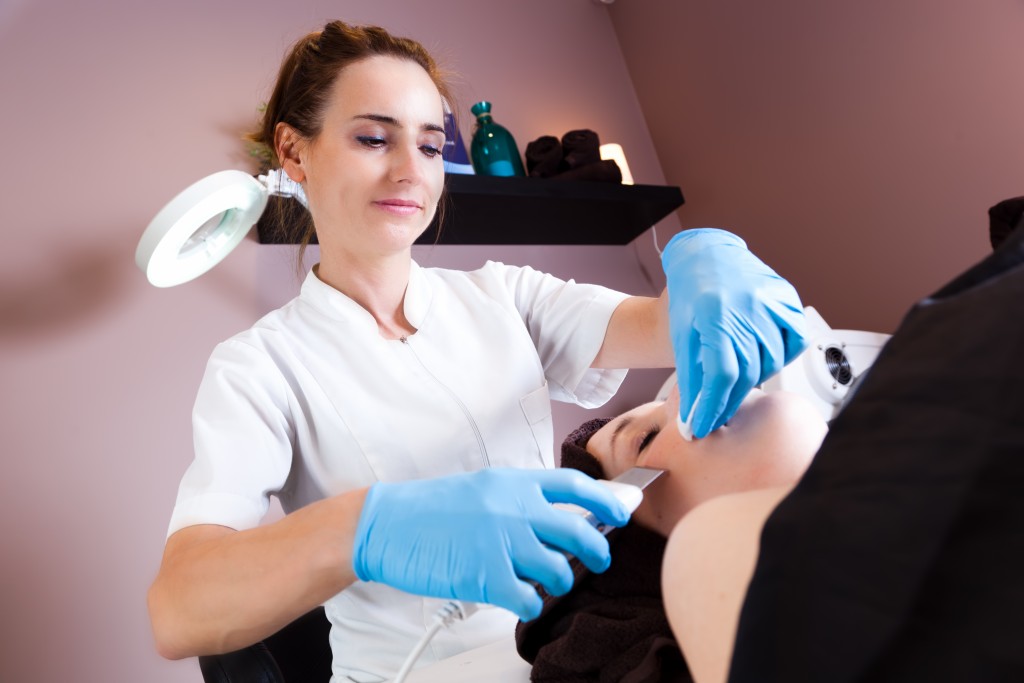The beauty industry is the fastest-growing consumer product category, as per the market research firm, The NDP Group. That said, it’s no wonder so many entrepreneurs and corporations start their own skincare and makeup lines. From drugstore to high-end, natural to mineral, every new brand just seem to have a unique quality and an admirable selling point, which their market all hype over.
With the wide range of existing beauty brands and their solid customer bases, how will you succeed in breaking into this industry, then?
If you have a strong advocacy for a certain cause, then a marriage between business and charity can be one of your best marketing strategies. Especially now that consumers are getting more conscious of the impact of their purchases, promoting your brand and advocacy may earn their trust and loyalty easier.
That said, let’s discuss about starting and promoting your charitable skincare brand.
Partnering With a Charity
When you choose a charity to partner with, it should be an organization with a cause that you and your business can relate to. Since you’re a skincare brand, your cause is likely to be related to women’s rights and welfare, body positivity, beauty beyond the physical appearance, and the like.
Partnering with the charity you can relate to will motivate you to donate and to encourage your customers to do the same. Moreover, you spread awareness about the issue you care for, inspiring your audience to make contributions through patronizing your brand.
But before finalizing a partnership, ensure that your chosen charity will use your contributions responsibly. Partnering with a charity doesn’t automatically make your business free from potential backlash, because even charities can have their reputations tarnished, which will consequently affect your brand.
To find a good charity, assess their vision and mission, goals, and look at their group’s connectedness, energy, and commitment. Browse official websites and newspapers with a roster of legitimate charities along with their accomplishments and history of board members.
Follow the Trend
Running a business is all about being up-to-date with the trends, and in the beauty industry, that’s using natural and organic products.
You may find those words being used interchangeably, but there are actually notable differences between them. One one hand, natural isn’t necessarily organic, because it isn’t entirely chemical-free like what some of their users may believe. In truth, natural products are usually only 50% – 70% chemical-free.
Organic, on the other hand, are strictly product ingredients that aren’t laced with pesticides, chemicals, and artificial fertilizers. To be considered organic, the product must be 95% – 100% chemical-free.
 Marketing Tips
Marketing Tips
Being a skincare line, you need to invest for the services of an experienced beauty portrait photographer. You can send your brand’s message through your models’ portraits, expressing not just the effectiveness your products, but also the beauty in supporting a charity.
Your products must be original with an authentic story that will resonate to your target market. Don’t simply develop products and claim that a portion of its sales will go to charity. Instead, tell your audience how your products are inspired by your charity partner, and how they contribute to the welfare of the group you’re supporting.
Combining business and charity will be one of the most remarkable ventures you’d embark on, as it will prove that entrepreneurship isn’t solely for making money and relishing it for oneself. Rather, it’s an opportunity to share one’s blessings, and to campaign for the welfare of the disadvantaged members of society.
